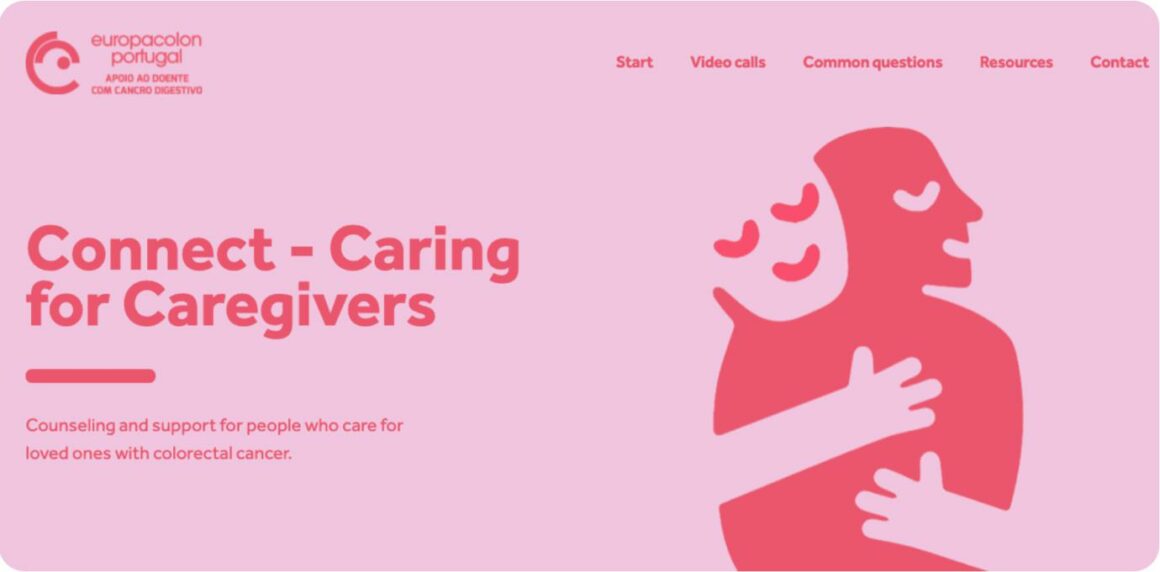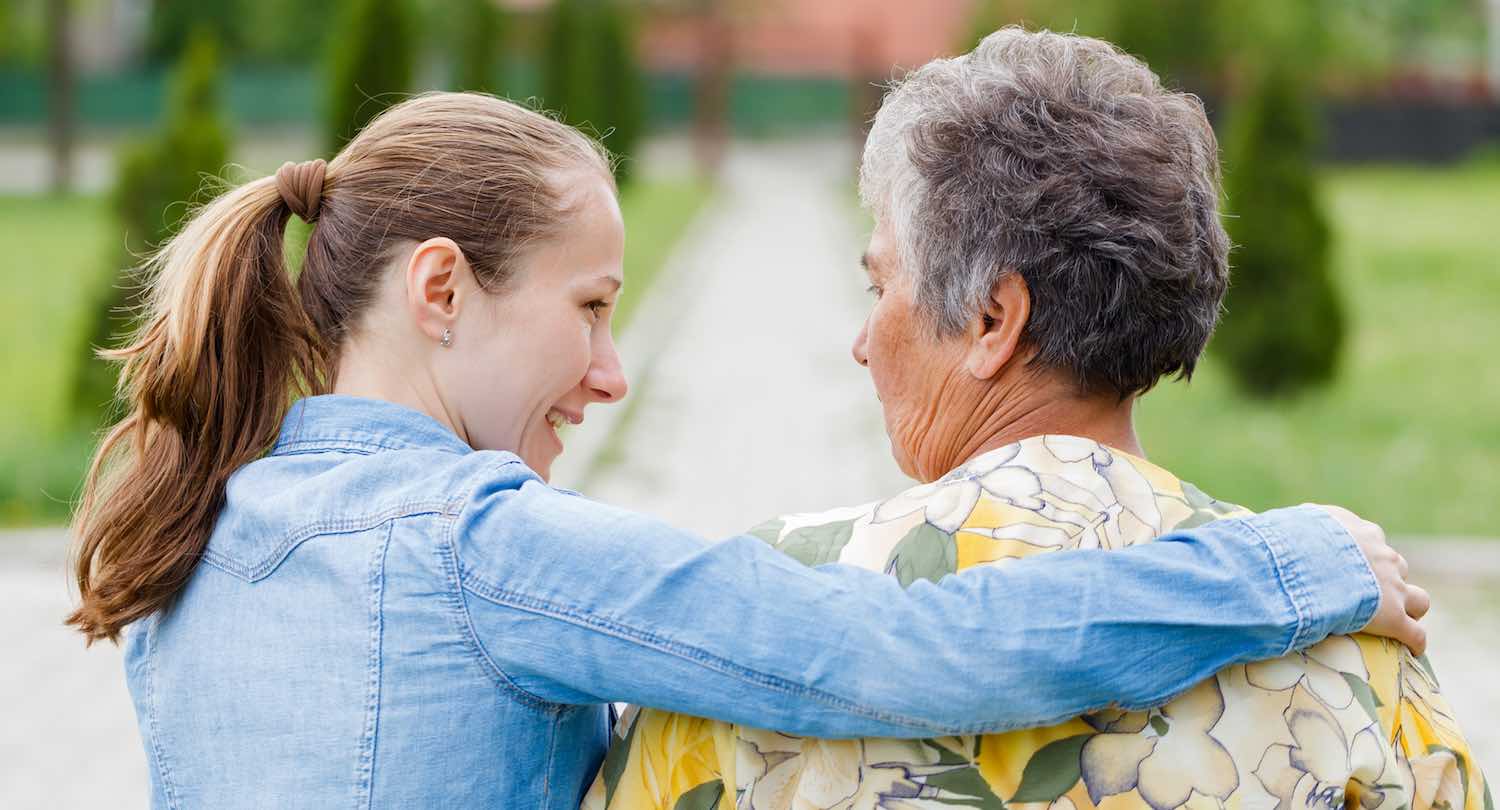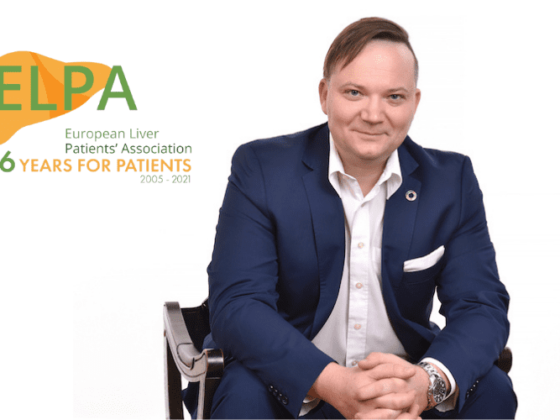What is it worth to patients to have someone they can rely on to provide emotional support and talk things through, help them get to and from appointments, remind them about what medicines to take and when, help them eat better and maybe get out for fresh air, keep a check on symptoms, assist with personal care, find help with finances, lend a hand with household chores and family… and keep the fun stuff going?
When you think about patient experiences and patient outcomes, how does the contribution of informal carers rate in the context of all the other treatment and care products and services that can be accessed via the formal health system?
It’s an important question because, while the care is freely given, carers often pay a heavy price in terms of their own health, mental health and financial security. And all too often they don’t get the recognition, help or support that they need, either from the state or from team responsible for the patient’s care.
Efforts to get better statutory financial support and protection for informal carers across Europe are currently focused on ensuring the roadmap for the Beating Cancer Plan sticks to the ambitions declared in the original Plan, launched in February 2021, as well as wider policy asks. But there are things that oncology teams can do right now to support the people who support their patients.
A heavy burden
“When informal carers’ needs are not addressed, then mental and physical health is at risk and patients’ outcomes could be affected,” says Teresa Wiseman, Professor of Applied Health Research in Cancer Care at the Royal Marsden cancer hospital, London. “It means that patients are denied the opportunity to receive the optimum support and care from their family caregiver.” Speaking to at ABC6, the advanced breast cancer conference, in November 2021, she defined carers as “the VIP to the patient”. Her key message to the gathering of oncology professionals, patients and advocates was: “If we can help the carer to cope, we can also reduce the anxiety and the distress in patients.”
The pressures on carers can be quite extreme, as Elżbieta Brzozowska, who helped her husband through colon cancer, explains. Now a volunteer with EuropaColon in Poland, she told Cancer World about the weight of family pressure, “to know more than anyone, to be strong for the family, for the patient, to be able to continue my job, pressure to find out the best place to be cured, the best doctor, the best patient path, and the best medical treatment,” not to mention the pressure of dealing with the family’s finances.
More than anything else, what Brzozowska needed, she says, was information ‒ “full information about taking care of the patient after surgery, such as how to take care of the wound; diet – what the patient can and what he cannot eat; schedule of activities – what and when; psychological support – how to overcome, what to do with the fear, stress, trauma, depression.”
No such support was forthcoming. “[The] healthcare system does not see carers and offers nothing for us,” she says.
Others, like Anna Janiurek, who cared for her mother after she was diagnosed with rectal cancer, say greater emotional support would have helped ‒ as well as help navigating the treatment pathway. “It is a complex issue: I received a lot of help, but it depends on humans and it is not well coordinated. In tough situations, the carer is alone with big pressure on them. In the terminal situation, I felt like nobody really cared and helped,” she says.
“People do not realise how draining it is when caring for a cancer sufferer and trying to keep yourself in sound mind and body to do the best for your loved one”
Lack of awareness about the burden carers have to shoulder was a problem highlighted in a comment to a Macmillan Cancer Support survey, by a woman in the UK who was caring for a sister with cancer. “People do not realise how emotionally draining it is when caring for a cancer sufferer and trying to keep yourself in sound mind and body to be able to do the best for your loved one.”
Hidden in plain sight
The invisibility of the contribution made by carers, and the burden they carry, may seem surprising given the sheer number of people who play this role. Informal carers provide 80% of long-term care in Europe, according to estimates by the European Centre for social welfare policy and research. In other words, patients with chronic support needs receive 4 hours of support from informal carers, on average, for every 1 hour provided within the formal service.
People with cancer may have especially high needs for support, because it is a particularly stressful diagnosis, it impacts on so many aspects of life, and treatments are often long, toxic and demand multiple hospital visits. Macmillan Cancer Support estimated in 2016 that cancer carers in the UK spend on average 17.5 hours a week looking after a person with cancer. That is equivalent to a half-time job.
The work covers many different roles and responsibilities, according to research by Wiseman and others, ranging from supporting patients in activities of daily living, to providing emotional and coping support, navigating care pathways and acting as a link ‒ “like a PA” ‒ between the patient and the healthcare team. “They monitor side effects and symptoms; they provide a safety net. … They have a 24/7 supportive role.”
The price of caring
“This is a role that no one is prepared for,” says Luzia Travado, a clinical health psychologist at Champalimaud Foundation in Lisbon. Speaking at the online 2021 ABC conference, she said it’s a role that arises from necessity not choice, “It imposes itself on the family.”
That doesn’t mean there are not some upsides. Wiseman quotes a survey which showed that caring for a loved one with cancer can be fulfilling; some carers find purpose and meaning in their role, or see it as a chance to give something back.
But the pressures often have consequences, sometimes quite severe. Travado reported studies showing that two-thirds of caregivers report higher levels of distress, with just over two-thirds showing high risk of clinical depression, and almost three quarters a high risk of clinical anxiety. Physical signs of psychological stress have been reported in just over half of family caregivers, she said.
“Being a carer leads you to take less care of your health, both because of stress, and the tendency to give up on yourself, postponing appointments”
The added pressure can also take a toll on carer’s physical health, according to Claire Champeix, Policy officer at Eurocarers, the European Association Working for Carers, who co-authored a 2017/8 White Paper on Cancer Carers, published jointly by Eurocarers and the European Cancer Patient Coalition ECPC. “Being a carer leads you to take less care of your health, both because of stress, and the tendency to give up on yourself, postponing appointments,” she told Cancer World.
Health and mental health risks are further compounded by the loss of financial security, which is frequently a consequence of reducing working hours or leaving the workforce entirely in order to provide care, according to the White Paper on Cancer Carers. The resulting reduction in working hours translates into reduced income, reduced pension rights and, frequently, loss of health insurance. The White Paper reports that several member states do not provide insurance for carers, including health insurance, as providing care is not regarded as ‘employment’. It all translates into a higher risk of falling into poverty, as was noted in a 2011 OECD study on Providing and Paying for Long-Term Care.
And while there are undoubtedly large numbers of committed husbands and sons who dedicate themselves to caring for family members with cancer, by far the greatest burden falls on women ‒ about two thirds of the 100 million European carers are women aged between 45 and 75. This further exacerbates gender gaps in pay and career prospects that remain deeply rooted across most of Europe. It may also contribute to the invisibility of carers ‒ their contribution and their burdens ‒ as the role is seen as a continuation of a woman’s ‘natural’ caring role.
Oncology professionals and advocates can help
“It’s important that we understand, as healthcare professionals, that we have a role in caring for the carers as well,” said Travado. “This person is the main emotional support for our patients daily. So he or she needs to be invited to come to the clinical appointments. …This person is our best link to the patient at home and our best assistant.” And as Wiseman pointed out, with cancer treatments delivered increasingly in the ambulatory setting ‒ a trend that accelerated during the Covid pandemic ‒ “it’s carers that are helping patients to recover at home.”
“This person is the main emotional support for our patients daily. So he or she needs to be invited to come to the clinical appointments”
Yet too often, as happened with Elżbieta Brzozowska, carers can be left struggling to know what to do, where to go and when. “Carers need access to timely, reliable, good-quality information to fulfil their supportive role,” says Champeix, who notes that in Europe’s complex healthcare systems, carers often provide essential assistance with helping patients navigate their healthcare pathway.
Oncology teams can also do more to signpost carers to people and places that can give them the support and advice they need to look after their own health, and their financial situation. In 2018, the World Health Organization called for the provision of support to family caregivers of palliative care patients, but as Travado noted, we are still a long way from that becoming reality. “We know that psychological care is still not accessible to all patients, and the family caregivers are in line with that. And they are likely not to have resources to help them.”
One place carers like Brzozowska can now turn to is an online portal dedicated to the needs of those caring for patients with cancers of the digestive system, which was launched in May 2021 by the patient advocacy umbrella group Digestive Cancers Europe (DiCE). CEO Zorana Maravic explains: “The aim is to provide a safe and welcoming environment where carers can share their experiences and offer each other advice and support around all kinds of issues – from the social and financial challenges they face, to the ways of looking after their own mental health and wellbeing.” Currently piloting in Finland, Poland and Portugal, this portal emerged from a project developing a Guide to Caring for Someone with Colorectal Cancer. The Carers’ Guide, published in January 2020, which is available in eight European languages, explores the role of the carer and provides advice on medical, psychological, emotional and social aspects of caring for someone with colorectal cancer. It also covers many practical aspects, employment and financial issues, and workplace rights.
The Carers Connect Portal goes one step further, providing carers with a space to meet one another via video meetings and chats, and to access information from the Carers Guide together with additional information specific to each national situation

European policy and the Beating Cancer Plan
The work that Europe’s 100 million-strong army of informal carers put in to supporting patients in so many ways had an estimated value of €12.3 billion a year, according to an Italian study published almost a decade ago. That value will be higher now, as trends show that the amount of work done in the informal care sector has been steadily rising. The same paper showed that the financial impact on families of ill patients, including their carers, amounted to more than €34 billion.
Champeix points out that, not only does this seem deeply unfair and against European values of solidarity, but leaving carers to shoulder heavy burdens alone will have economic consequences due to the impact on their own long-term health and mental health. “Just in terms of public health and wise management of budgets, you have to deal with the carers issue before it costs more,” she says.
“The question of informal care was clearly articulated from the start… But the first reports were more detailed than the latest ones”
Eurocarers are counting on initiatives by the European Union, particularly the Europe’s Beating Cancer Plan to change things for the better. They were delighted that the importance of informal carers for cancer patients as well as the impact of caring were clearly recognised in the Beating Cancer Plan that was presented in February 2021. They are concerned, however, that the ambitions have been watered down in the Implementation Roadmap that was published in November 2021. “The question of informal care was clearly articulated from the start… But the first reports were more detailed towards carers than the latest ones, so we are tabling amendments,” says Champeix.
Eurocarers articulated its expectations of the Cancer Plan during the consultation period in May 2020, and put forward demands to ensure carers are supported, if they wish to provide care ‒ demands that they also articulated in a 10-step plan towards carer-friendly societies. “We want first recognition of the role of carers in prevention, treatment and survivorship. We want them to be supported in this role – in terms of information, but also supported not only as helping professionals but also as getting compensation for their work, their commitment in terms of money, through the right to retain employment, rights for leave, income compensation, social security guarantees,” Champeix summarises.
Europe’s Beating Cancer Plan is not the only EU initiative that touches on the issues of cancer carers. Eurocarers is also closely following the implementation of the ‘European Pillar of Social Rights’, and in particular the European Care Strategy. This strategy, announced by EU President Ursula von der Leyen in her State of the Union Address in September 2021, aims “to support men and women in finding the best care and the best life balance for them.” Champeix sees a space for informal carers in this policy area. “Commissioner Schmidt [covering a Jobs and Social Rights brief] aired the possibility of discussing a ‘carer year’, on the model of a ‘baby year’, where you are off-job but keep your social security and your pension rights.” Champeix is concerned, however, that such a model will be focused primarily on people caring for the elderly. “I’m not sure that the scope will be wide enough to encompass cancer patients and their carers. But we say: Caring is caring, and you have to address this in a holistic way.”
Champeix also calls on member states to ensure that carers are not disadvantaged in their pension and insurance rights. “It shouldn’t be that just because for three years you prioritised your relative, that you should be punished.” Champeix envisages a model similar to parental leave, whereby carers receive a pension for the time spent caregiving, which would recognise that the carers were not ‘unemployed’ during these months and years. Currently, the EU’s Work-Life Balance Directive calls on EU member states to ensure employees can take five days off to care, but as Eurocarers pointed out in February 2021 – this right to leave is “clearly insufficient to adequately meet the needs of someone providing care to a cancer patient”.
Rules and regulations also need to take into account that caring for a patient with cancer is different from caring for someone with a stable condition, says Champeix. “We have ups and downs, intense treatment periods and less intense times. So it is difficult to structure, and typically lasts a long time.”
“We insist on investing in the care system, because family can’t do everything. And there should be a choice”
While the Care Strategy should strengthen the position of informal carers, Champeix stresses that professional care should also be more valued and receive greater investment. “We insist on investing in the care system, because family can’t do everything. And there should be a choice: There should be the possibility to care for a family member. But also the possibility to choose. You might not be the right person to provide care for a relative, it might not be the right situation, it might not be what you want, or maybe not what the patient wants. We should have a broad range of possibilities that leave it open for people to make a choice that is adequate for their situation, their family and their relationship.”
To support carers, the EU should make full use of the competencies it has, she adds, such as the competencies on employment and gender equality. “If you don’t address informal care issues, you are missing a step towards further employment and further gender equality. Because care is a woman thing. If you want women to be in the labour market, you have to address care – and for this, there is an EU competency.”
No country in the EU can currently be seen as a model country for carer support, Champeix says. “In most countries, rules surrounding carers govern the possibility to leave work. But we ask for more, particularly for support. We promote a comprehensive approach: If you just provide benefits to carers without investing in formal care, you are going to push women back home. If you only invest in formal care, you are going to deprive some people of the right to choose to be a carer. We want this care strategy to have the same comprehensive approach and we want it to trigger a comprehensive approach at national level, for plans which are regularly reviewed. And we ask the EU to take it seriously – it is not just wishes and words, it should be backed with money.”












